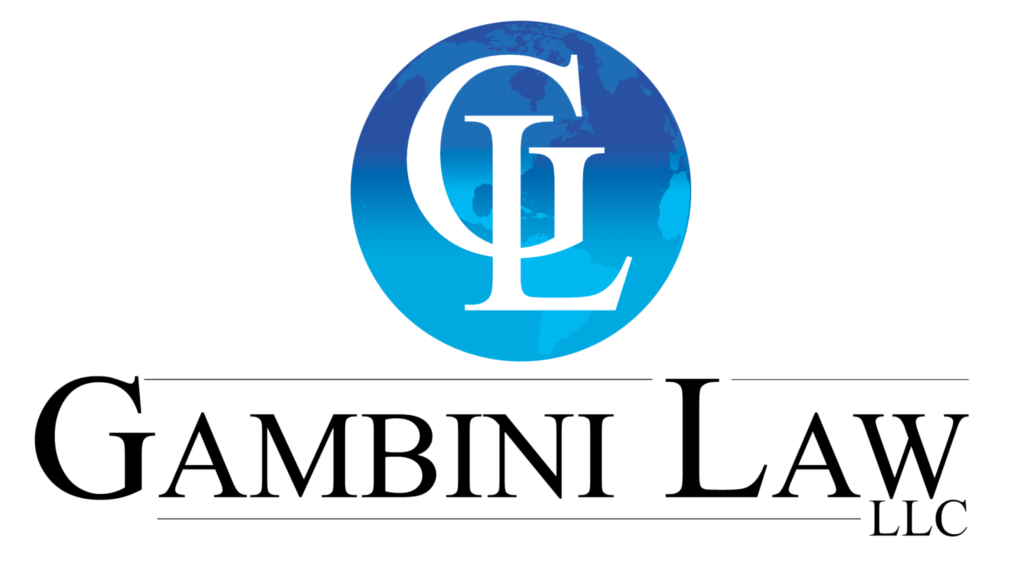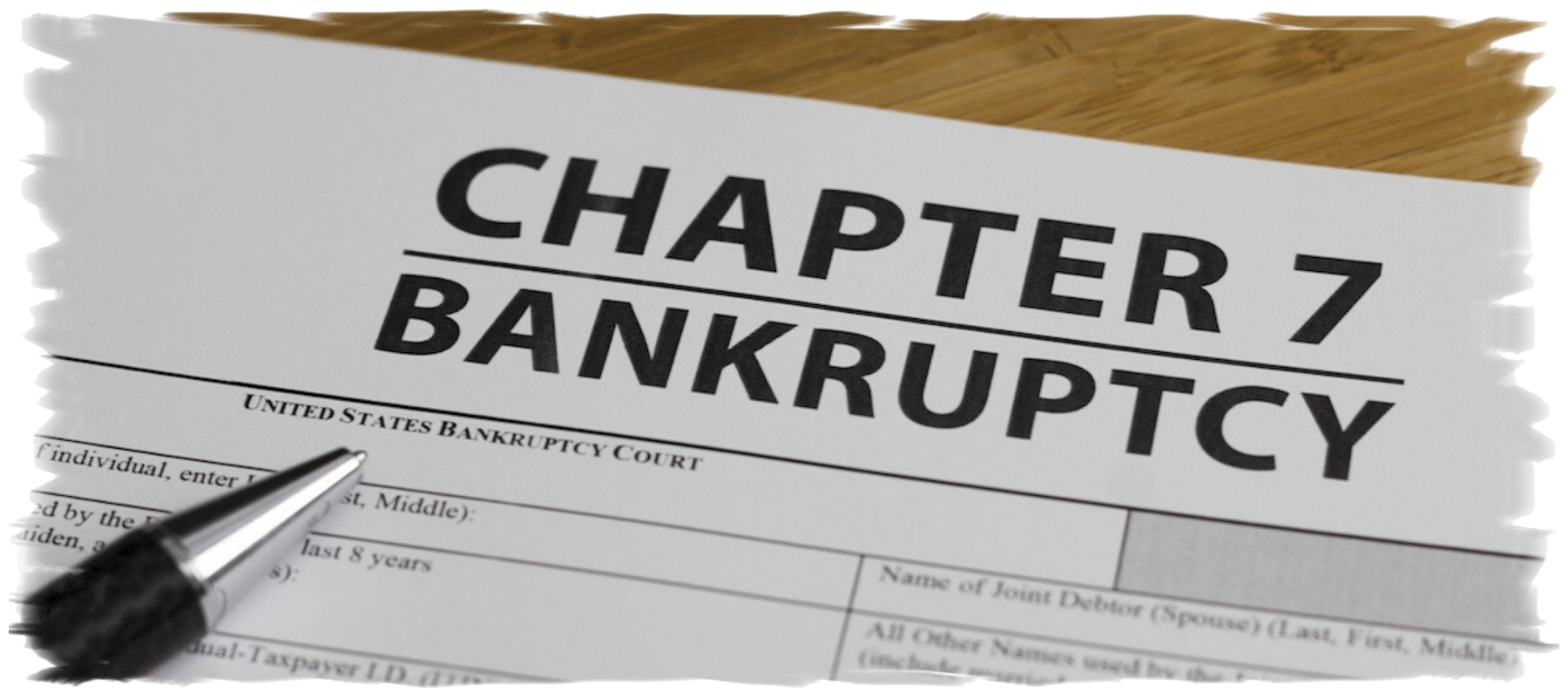A Chapter 7 bankruptcy case is a proceeding under federal law in which debtor seeks relief under the chapter of the Bankruptcy Code that deals with liquidation. In a chapter 7 case, the debtor must turn his or her unexempted property, if any exists, over to a trustee, who then converts the property to cash and pays the debtor’s creditors. In return, the debtor receives a chapter 7 discharge, if he or she pays the filing fee, is eligible for the discharge, and obeys the orders and rules of the bankruptcy court.
Chapter 7 bankruptcy gives people a fresh start. Chapter 7 bankruptcy discharges debts such as credit card debt, medical bills, personal loans, delinquent utility bills, old tax debt, and deficiencies on repossessed vehicles.
There are several types of debts that cannot be discharged by filing for Chapter 7. Child support, recent tax debt, student loans, and certain types of court-ordered damage awards are not dischargeable with bankruptcy.
You might be able to begin rebuilding your credit immediately after their Chapter 7 is discharged.
A Chapter 7 bankruptcy in Georgia takes a relatively short period of time. Most clients receive a discharge within 4-6 months of the date of filing.
If you are tired of receiving harassing phone calls from your creditors, you may feel relieved to know that as soon as your Chapter 7 has been filed, your creditors are prohibited by law from calling you.
When you do not have a sufficiently high or regular income to enable you to pay off debts, a straight liquidation bankruptcy under Chapter 7 may be the best choice for you. Chapter 7 does provide you the opportunity to avoid almost all of your debts without making any payments on those debts. It also prevents further collection efforts by your creditors.


